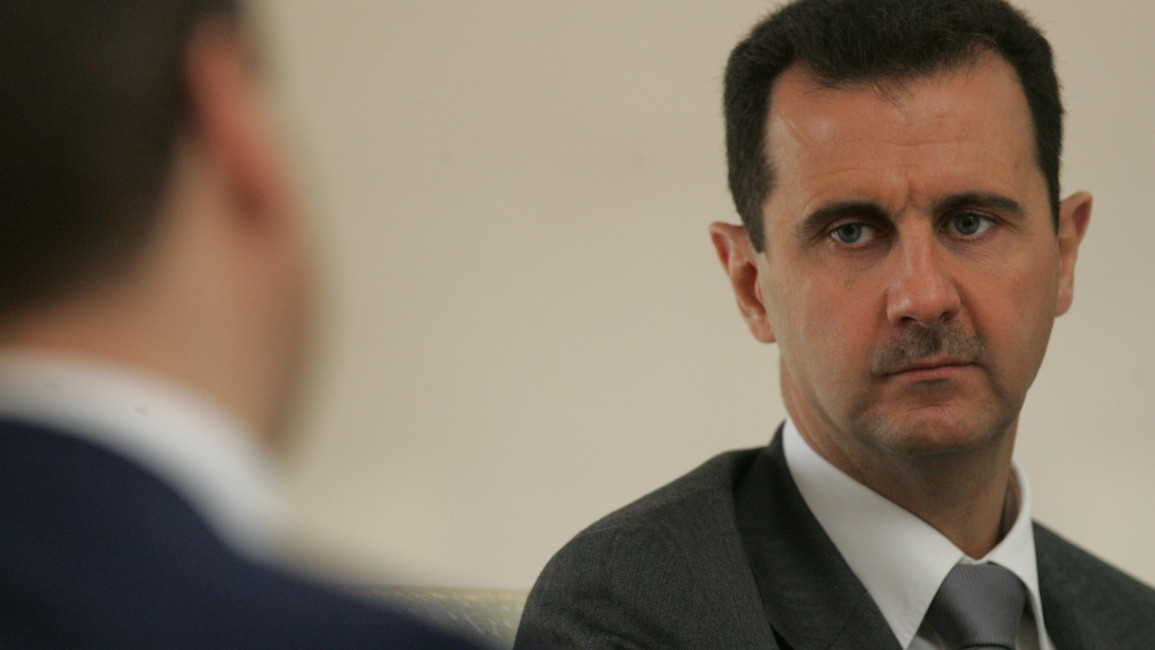France issues arrest warrant for Syrian President Bashar al-Assad over chemical weapons attack
France's judiciary issued arrest warrants on Wednesday for Syrian President Bashar al-Assad and his brother Maher al-Assad, as well as two other senior Syrian officials, for their role in chemical weapons attacks in eastern Ghouta and Douma in 2013, which killed more than 1,000 people.
The French magistrate's decision was the first time that an arrest warrant has been issued for Syria's president, long accused of overseeing a regime which has carried out numerous war crimes against its own people since the Syrian revolution in 2011.
The two other arrest warrants were issued for General Ghassan Abbas, who heads a branch of the Scientific Studies and Research Center (SSRC) where chemical weapons are made, and General Bassam al-Hassan, a presidential advisor who coordinates with the SSRC.
"The French judiciary's issuance of arrest warrants against the head of state, Bashar al-Assad, and his associates constitutes a historic judicial precedent. It is a new victory for the victims, their families, and the survivors and a step on the path to justice and sustainable peace in Syria," lawyer Mazen Darwish, founder and director general of the Syrian Center for Media and Freedom of Expression (SCM), said.
The Syrian regime was accused of using chlorine gas on multiple occasions before their use in eastern Ghouta and Douma, but the sheer scale of death from the latter attacks prompted international horror.
Videos from the attacks show children suffocating and foaming from the mouth, as well as the death of hundreds of civilians.
The UN Syria commission concluded in the following year that "significant quantities of Sarin gas were used in a well-planned indiscriminate attack" and that the weapons came from the "stockpile of the Syrian military."
The Syrian Network for Human Rights (SNHR) documented a total of 222 chemical weapons attacks between 2012 and 2023, 98 per cent of which were carried out by the Syrian regime.
Wednesday's arrest warrants were issued under the principle of extraterritorial jurisdiction, which allows courts to prosecute international war crimes even if they were committed on foreign territory.
The principles of extraterritorial jurisdiction have led to the indictments of several high-ranking Syrian regime officers, including intelligence chief Ali Mamlouk, who is accused of crimes against humanity.
In France alone, seven different arrest warrants have been issued for seven other senior officials in the Syrian regime.
The arrest warrants have no applicability in Syria but could be enforced if any of the four officials enter France.
Since the beginning of the Syrian revolution in 2011, 230,224 Syrian civilians have died, with the Syrian regime being responsible for over 200,000 of those deaths, according to SNHR.
In October 2023, the UN Independent Commission on Syria said hostilities in the country were at a "four-year peak," and urged for a nation-wide ceasefire.



